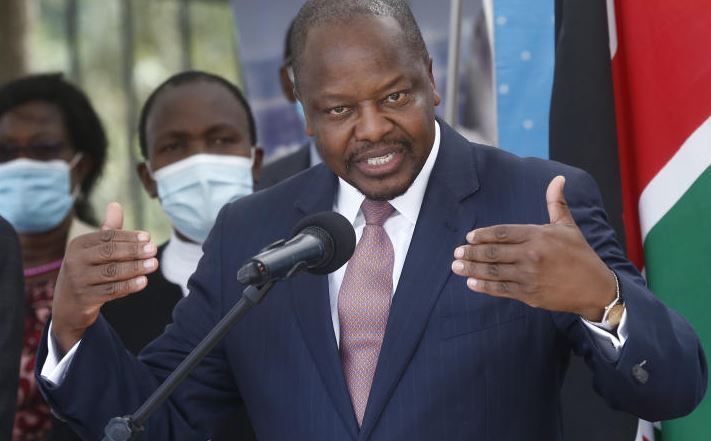×
The Standard e-Paper
Stay Informed, Even Offline

The government has admitted that the state of lower-level health facilities in the country is poor even as it announced the arrival of 20 more doctors from Cuba to boost the fight against Covid-19